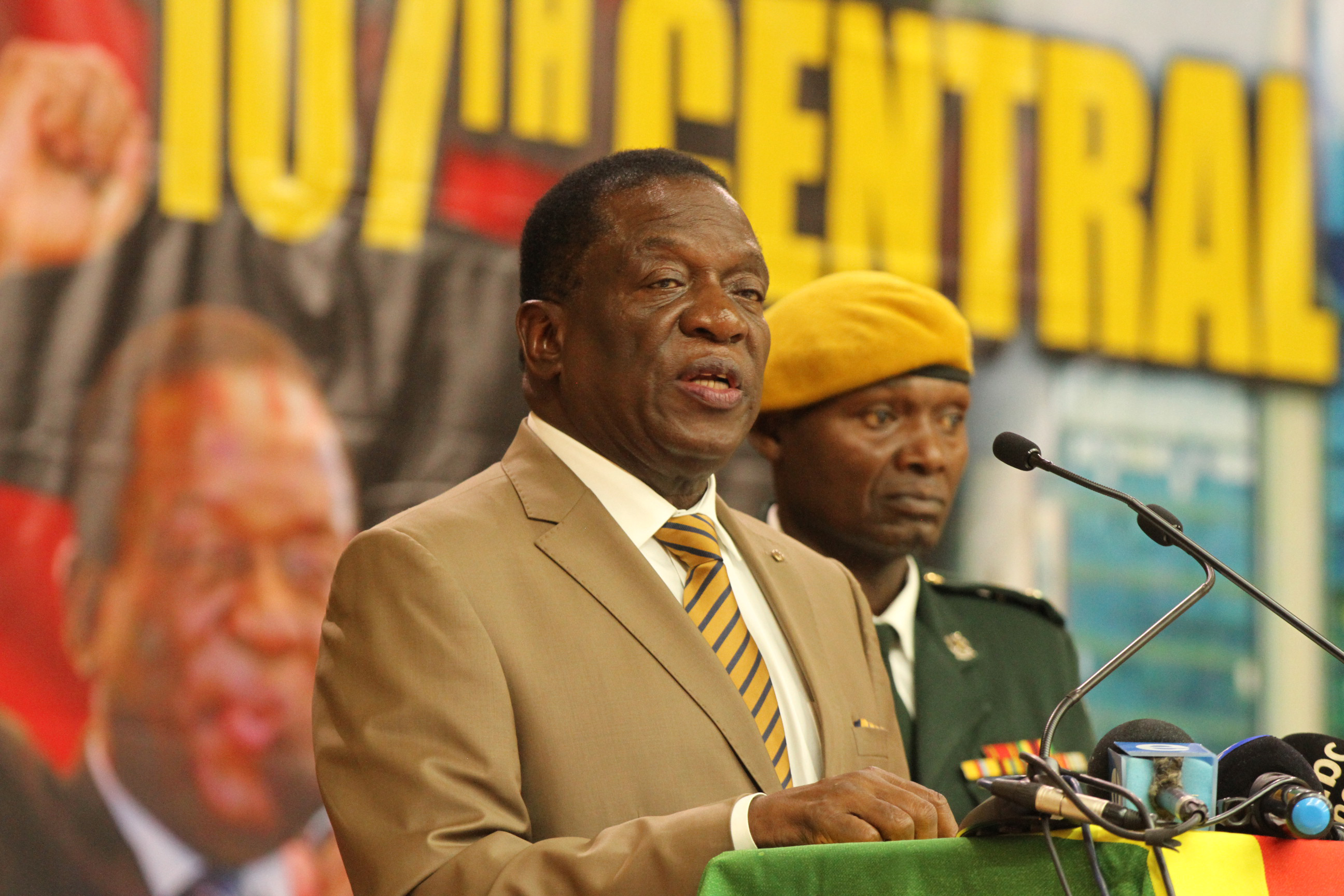
The Sunday Mail

As Zanu-PF prepares to launch its 2018 election manifesto, Zimbabwe stands on the edge of an era-defining moment.
The manifesto will not only articulate the ruling party’s programme of action for the next five years, but outline the development agenda that Zanu-PF seeks to pursue under President Emmerson Mnangagwa’s leadership.
For long, the revolutionary party has been riding on its tried and tested ideologies grounded on the liberation struggle, land reform, indigenisation and empowerment; and this year presents an opportunity for the party to advance its discourse to the realm of economic nationalism.
The revolutionary party’s manifesto will seek to answer many questions posed by prospective voters, whose inevitable demand is “what is in it for me?”
A look at the 2013 manifesto shows that Zanu-PF needs to radically advance on how it won the elections last time around.
The 2013 manifesto revolved around accelerating the indigenisation and empowerment policy to complete the effective takeover of “an estimated 1 138 foreign firms operating in the country”, with the ambitious dream that “this would unlock US$1,8 trillion into the coffers of locals and drive gross domestic product”.
The 2013 blueprint, which revolved around “Indigenise, Empower Develop and Create Employment” will certainly not be longer the lynchpin of the message for this year, as President Mnangagwa’s administration has relegated the indigenisation discourse to a lesser role in line with the Zimbabwe is Open for Business drive.
This shift is seismic and feeds high expectations that the 2018 manifesto will herald a new business culture that places Zimbabwe on the path to becoming a middle-income economy by 2030 in line with President Mnangagwa’s vision.
While indigenisation was a noble idea, it was not properly thought out and was horribly implemented, killing an economy that it claimed to be building.
As such, this year’s manifesto will depart from impracticable promises and speak to a refreshing set of attainable economic targets.
As a point of reference, this year’s manifesto can read into the bold 1980 poll statement.
Part of the 1980 manifesto instructed that “the achievement of political power by the people will remain hallow in terms of their material development unless it can translate itself by way of economic power in social form”.
The economic interests of the people should be uppermost.
Economic transformation is long overdue and the 2018 manifesto is the watershed. In short, this manifesto must keep its eyes on the money.
The new gospel is economic stabilisation (which is already happening), and then economic growth as the natural successor.
The sloganeering of years gone by is dead.
And in all this, Zanu-PF will be mindful that – as Zimbabwe Electoral Commission Chair Justice Priscilla Chigumba has noted – that “according to … preliminary statistics after the (biometric voter) registration blitz, about 60 percent of our registered voters are aged 18 to 40”.
This calls for a manifesto that speaks to the youth inasmuch as it speaks to a future of economic transformation, growth and development.
The future beckons. This is a new dawn not just for Zanu-PF, but indeed for the whole of Zimbabwe.






